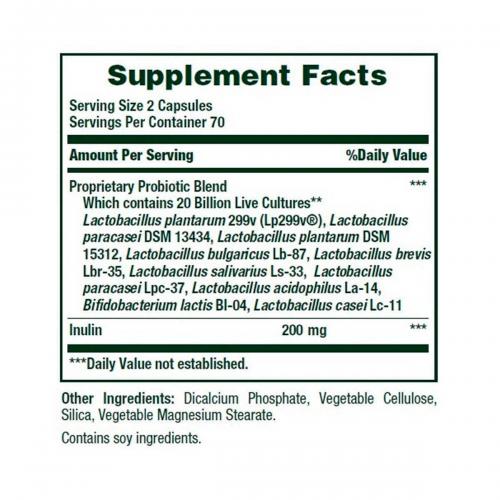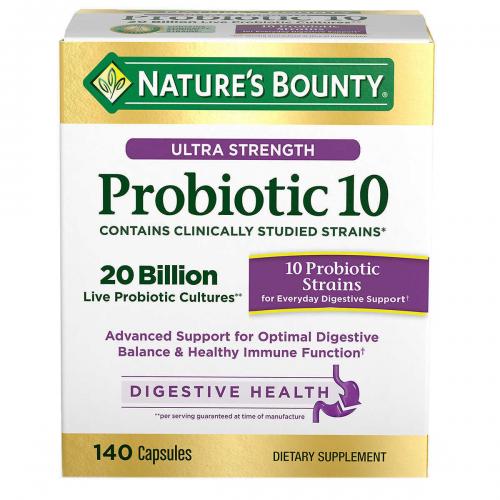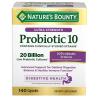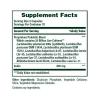Nature's Bounty Ultra Strength Probiotic 10, 140 Capsules
ID: 16462 Open
- Available
- 10
306 views
233 watching
 Deliver to:
Deliver to:
Warning: file_get_contents(http://www.geoplugin.net/php.gp?ip=3.141.46.110): failed to open stream: HTTP request failed! HTTP/1.1 429 Too Many Requests in /home/tradepon/public_html/mods/module/Listings/view/listings/listing/details.phtml on line 409
Ships in 24/48 hrs
 Deliver to:
Deliver to: Warning: file_get_contents(http://www.geoplugin.net/php.gp?ip=3.141.46.110): failed to open stream: HTTP request failed! HTTP/1.1 429 Too Many Requests in /home/tradepon/public_html/mods/module/Listings/view/listings/listing/details.phtml on line 409
Ships in 24/48 hrs
Seller Info
- Seller
- perfumeria (4 )
- Registered Since
- 12/01/2018 17:37:23
- Feedback
- 75%
- View Seller's Other Items
- Visit Store
- Perfumeria
Sales History
The listing has not been sold.
Shipping
- Item Location
- 78759, Texas, United States
- Ships To
- United States
Postage Calculator
- Select Country
- Zip/Post Code
- Quantity
- Shipping Instructions
- -
- Payment Methods
- PayPal
- Returns Accepted
- No
Description
Shipping Notice: No Freight Forwarder / No Hotel Address / No PO BOX / No additional Code in Address / Commercial Address Must need to add Company Name
Features:
- 10 Probiotic Strains for Everyday Digestive Support
- 20 Billion Live Probiotic Cultures
- Helps Maintain Digestive Balance
- Supports Immune Health
- Gluten Free and Vegetarian Friendly
Overview
Specifications
- Formulation
- -
- Active Ingredients
- -
- Condition
- -
Public Questions
There are no messages posted.
You need to be logged in to ask the seller a question.
Click here to login
Click here to login





 Have one to sell?
Have one to sell? 














